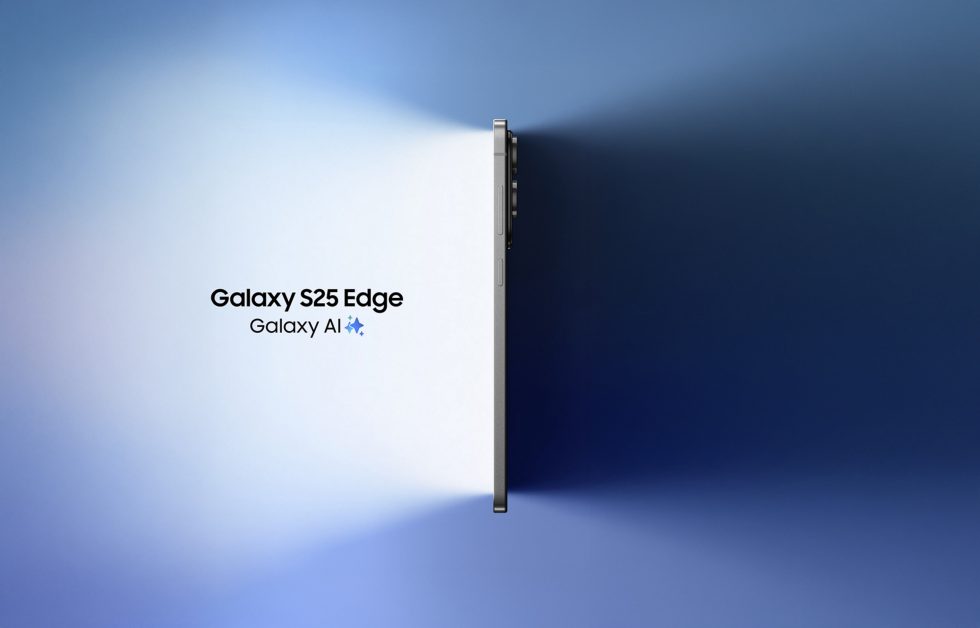MIT Asks arXiv To Take Down Preprint Paper On AI and Scientific Discovery
MIT has formally requested the withdrawal of a preprint paper on AI and scientific discovery due to serious concerns about the integrity and validity of its data and findings. It didn't provide specific details on what it believes is wrong with the paper. From a post: "Earlier this year, the COD conducted a confidential internal review based upon allegations it received regarding certain aspects of this paper. While student privacy laws and MIT policy prohibit the disclosure of the outcome of this review, we are writing to inform you that MIT has no confidence in the provenance, reliability or validity of the data and has no confidence in the veracity of the research contained in the paper. Based upon this finding, we also believe that the inclusion of this paper in arXiv may violate arXiv's Code of Conduct. "Our understanding is that only authors of papers appearing on arXiv can submit withdrawal requests. We have directed the author to submit such a request, but to date, the author has not done so. Therefore, in an effort to clarify the research record, MIT respectfully request that the paper be marked as withdrawn from arXiv as soon as possible." Preprints, by definition, have not yet undergone peer review. MIT took this step in light of the publication's prominence in the research conversation and because it was a formal step it could take to mitigate the effects of misconduct. The author is no longer at MIT. [...] "We are making this information public because we are concerned that, even in its non-published form, the paper is having an impact on discussions and projections about the effects of AI on science. Ensuring an accurate research record is important to MIT. We therefore would like to set the record straight and share our view that at this point the findings reported in this paper should not be relied on in academic or public discussions of these topics." The paper in question, titled "Artificial Intelligence, Scientific Discovery, and Product Innovation" and authored by Aidan Toner-Rodgers, investigated the effects of introducing an AI-driven materials discovery tool to 1,018 scientists in a U.S. R&D lab. The study reported that AI-assisted researchers discovered 44% more materials, filed 39% more patents, and achieved a 17% increase in product innovation. These gains were primarily attributed to AI automating 57% of idea-generation tasks, allowing top-performing scientists to focus on evaluating AI-generated suggestions effectively. However, the benefits were unevenly distributed; lower-performing scientists saw minimal improvements, and 82% of participants reported decreased job satisfaction due to reduced creativity and skill utilization. The Wall Street Journal reported on MIT's statement. Read more of this story at Slashdot.

Read more of this story at Slashdot.





















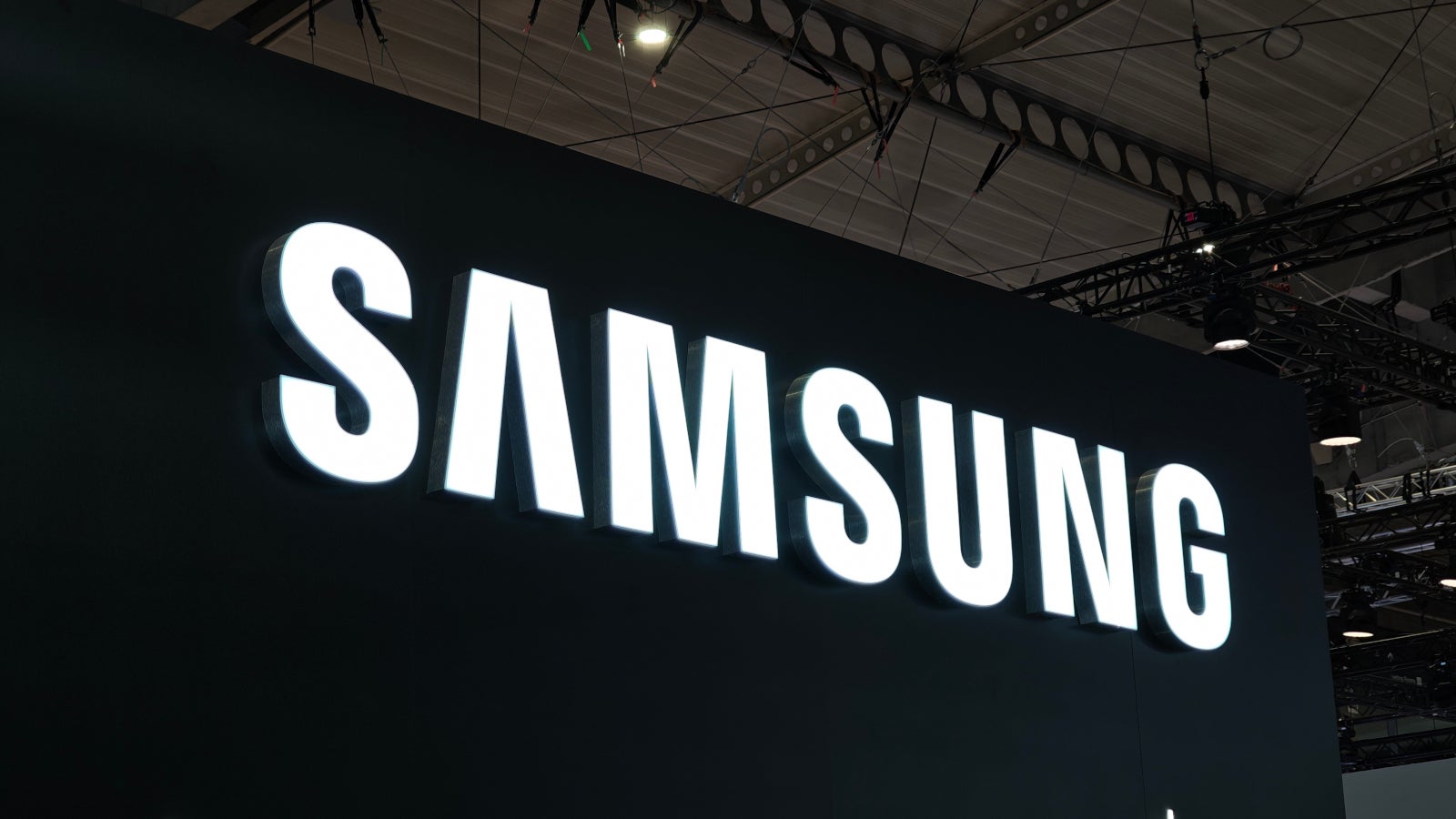





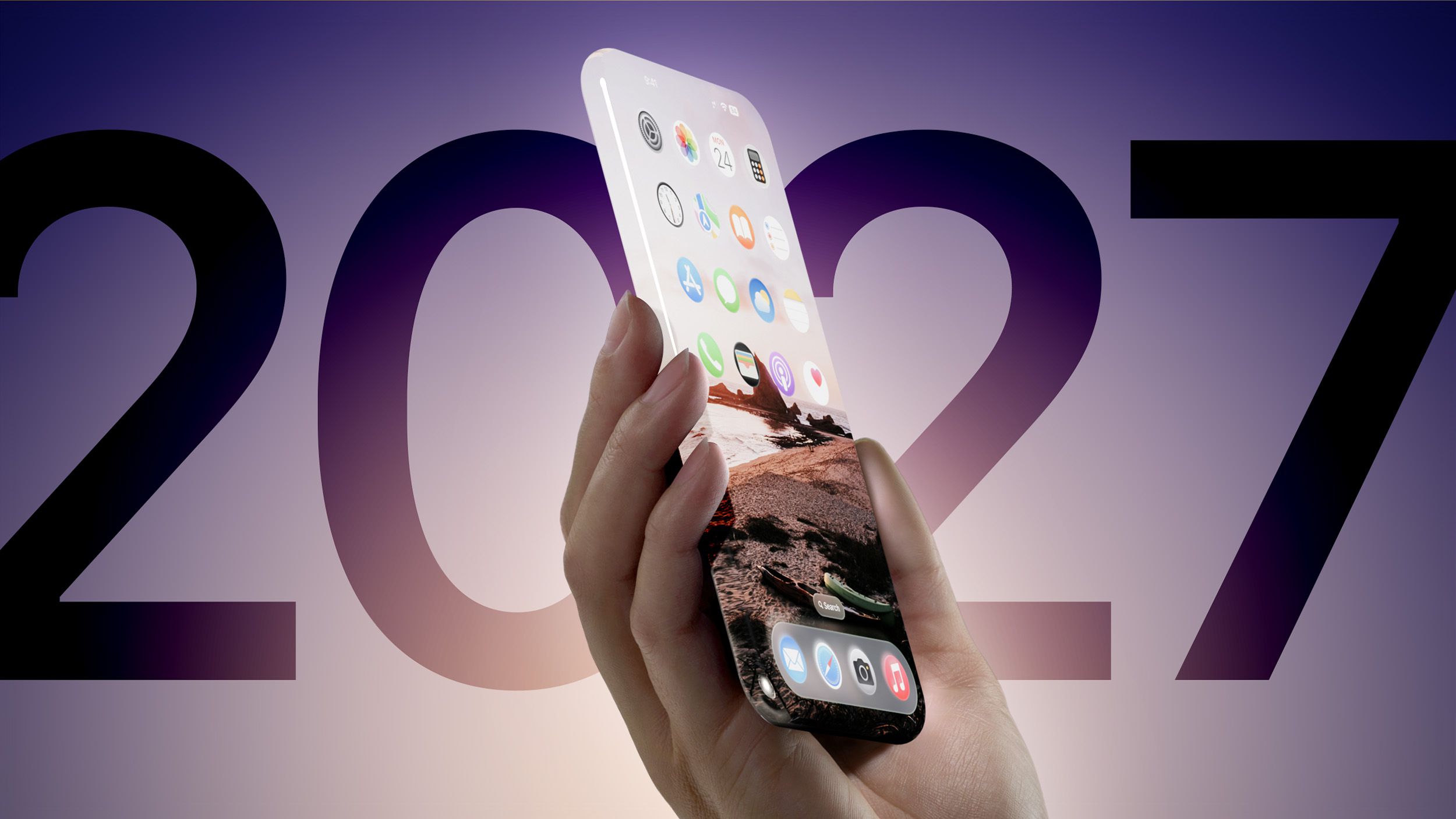

![Apple Pay, Apple Card, Wallet and Apple Cash Currently Experiencing Service Issues [Update: Fixed]](https://images.macrumors.com/t/RQPLZ_3_iMyj3evjsWnMLVwPdyA=/1600x/article-new/2023/11/apple-pay-feature-dynamic-island.jpg)





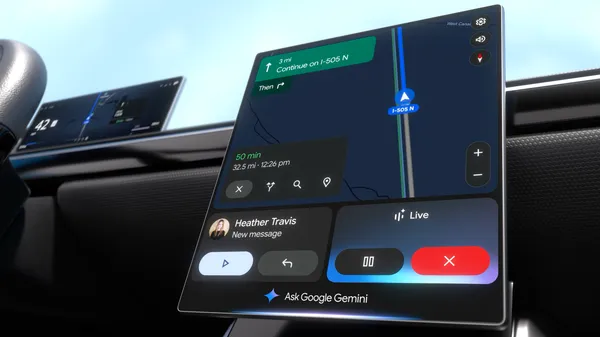











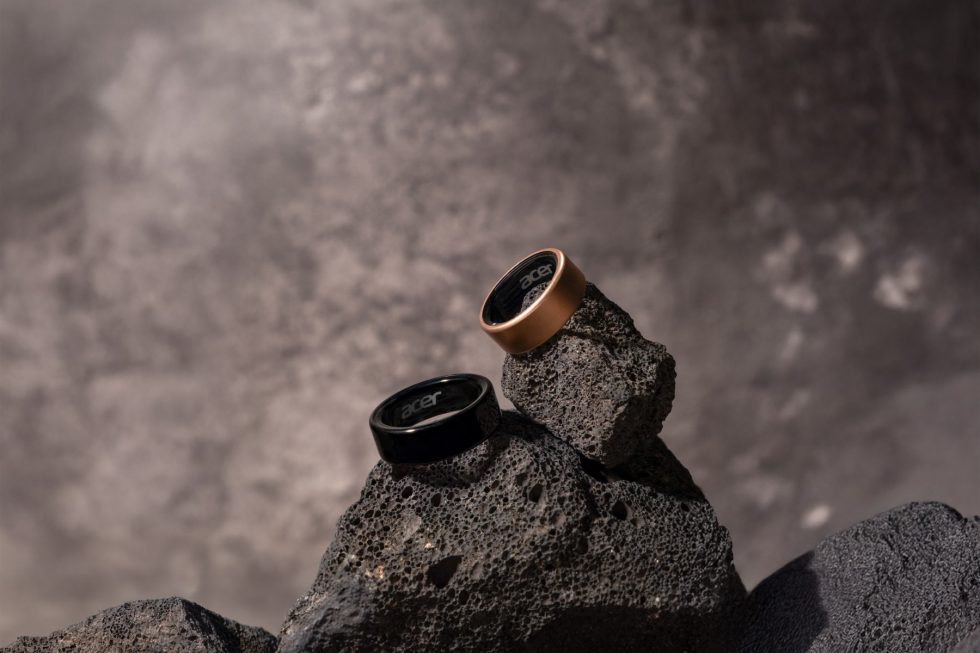






















![iPhone 17 Air Could Get a Boost From TDK's New Silicon Battery Tech [Report]](https://www.iclarified.com/images/news/97344/97344/97344-640.jpg)
![Vision Pro Owners Say They Regret $3,500 Purchase [WSJ]](https://www.iclarified.com/images/news/97347/97347/97347-640.jpg)
![Apple Showcases 'Magnifier on Mac' and 'Music Haptics' Accessibility Features [Video]](https://www.iclarified.com/images/news/97343/97343/97343-640.jpg)
![Sony WH-1000XM6 Unveiled With Smarter Noise Canceling and Studio-Tuned Sound [Video]](https://www.iclarified.com/images/news/97341/97341/97341-640.jpg)
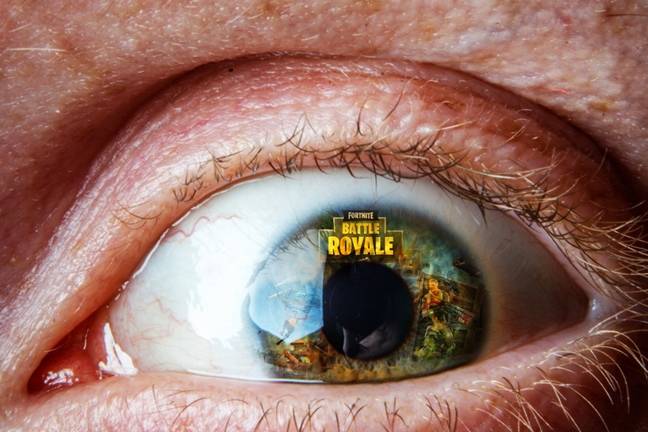


















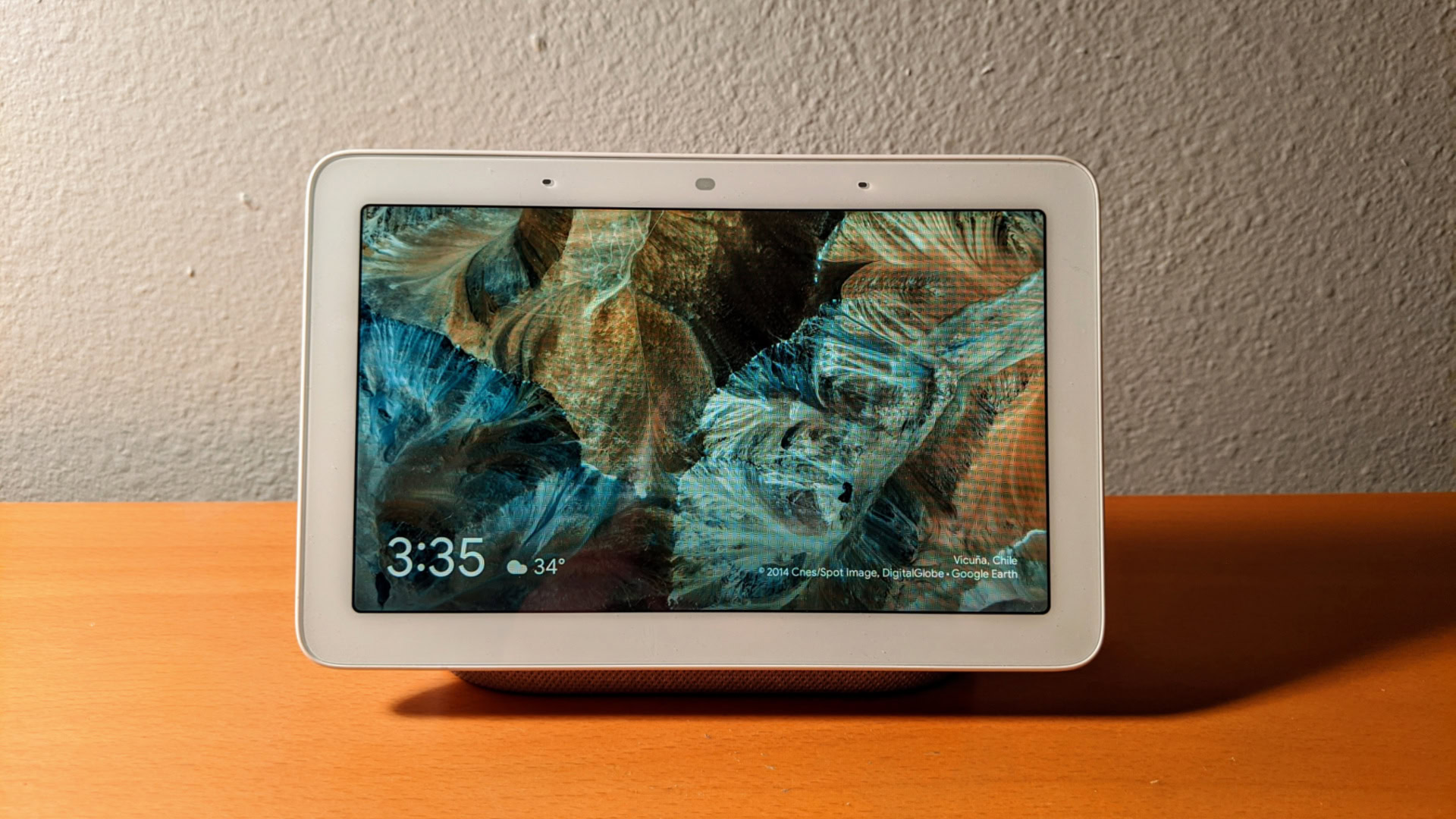

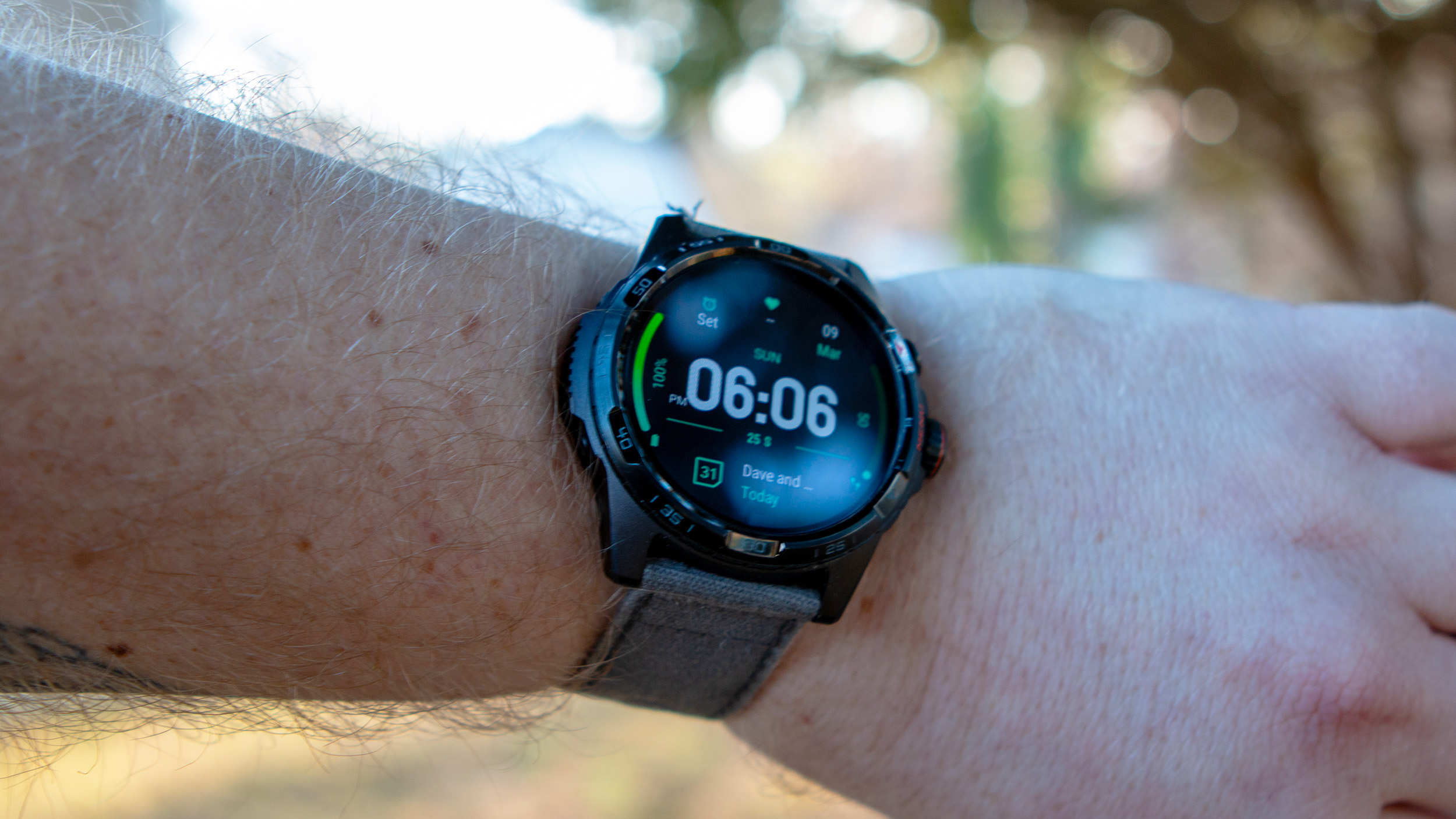

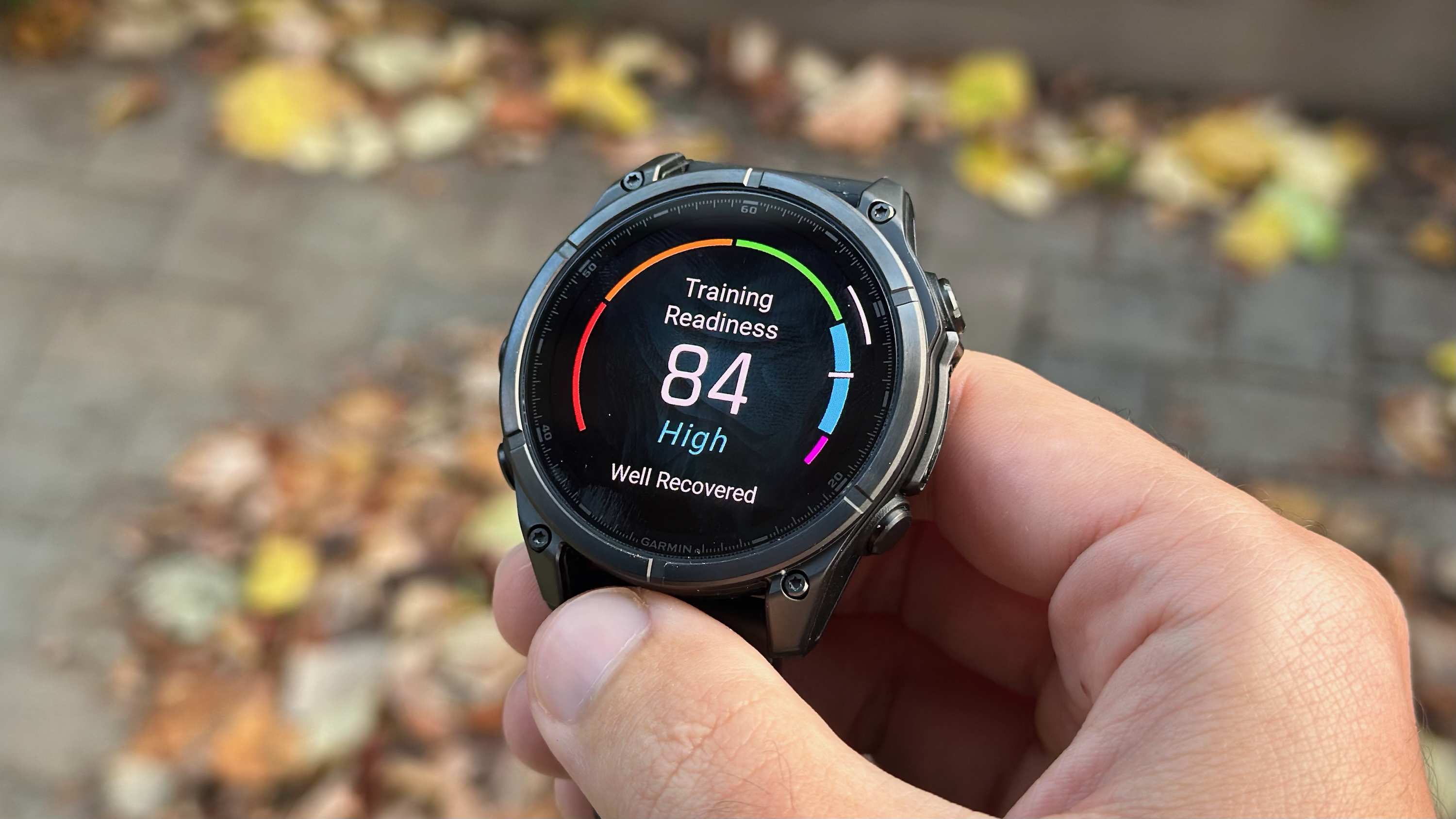
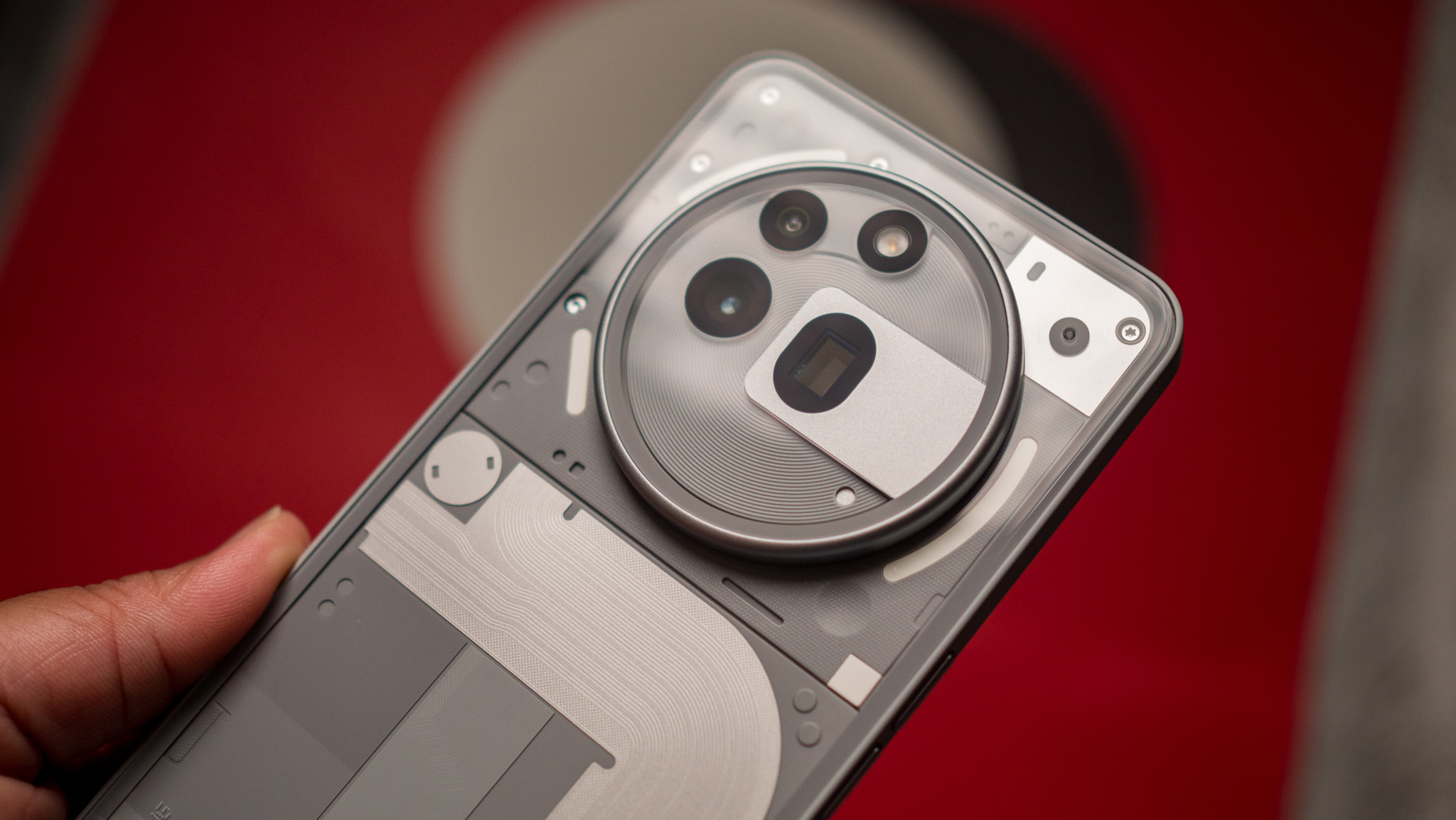




























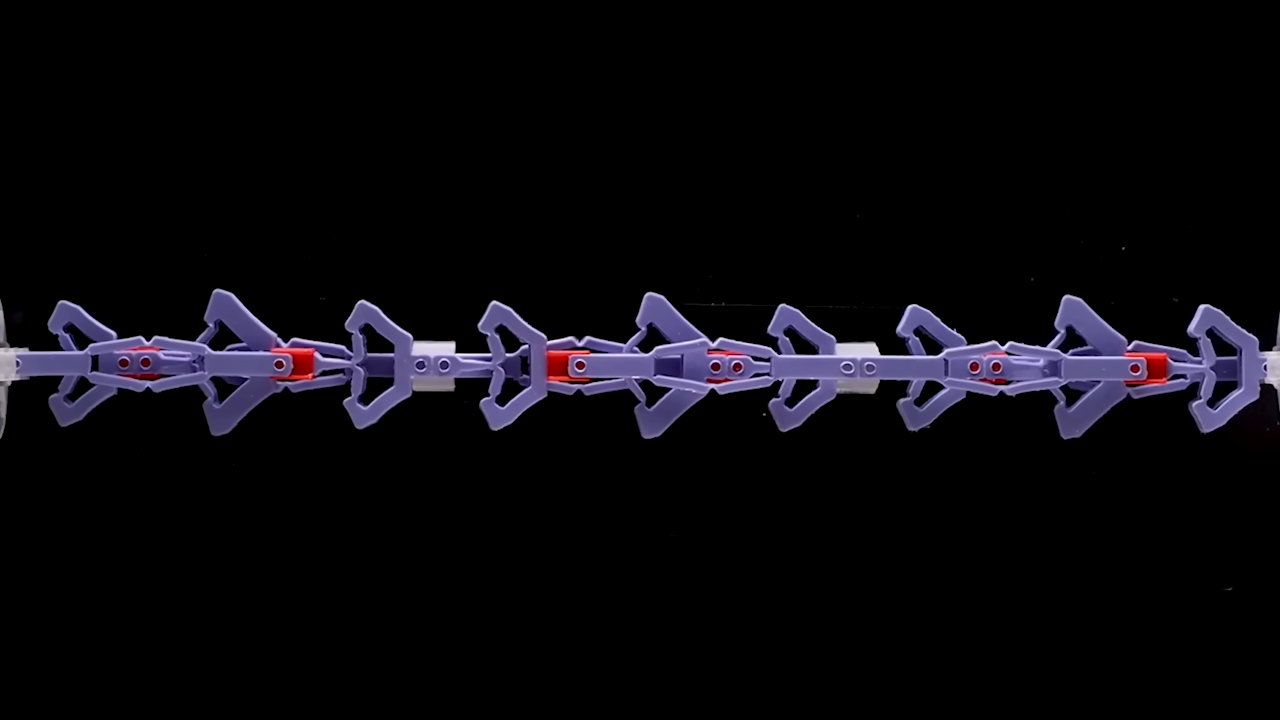





























































































































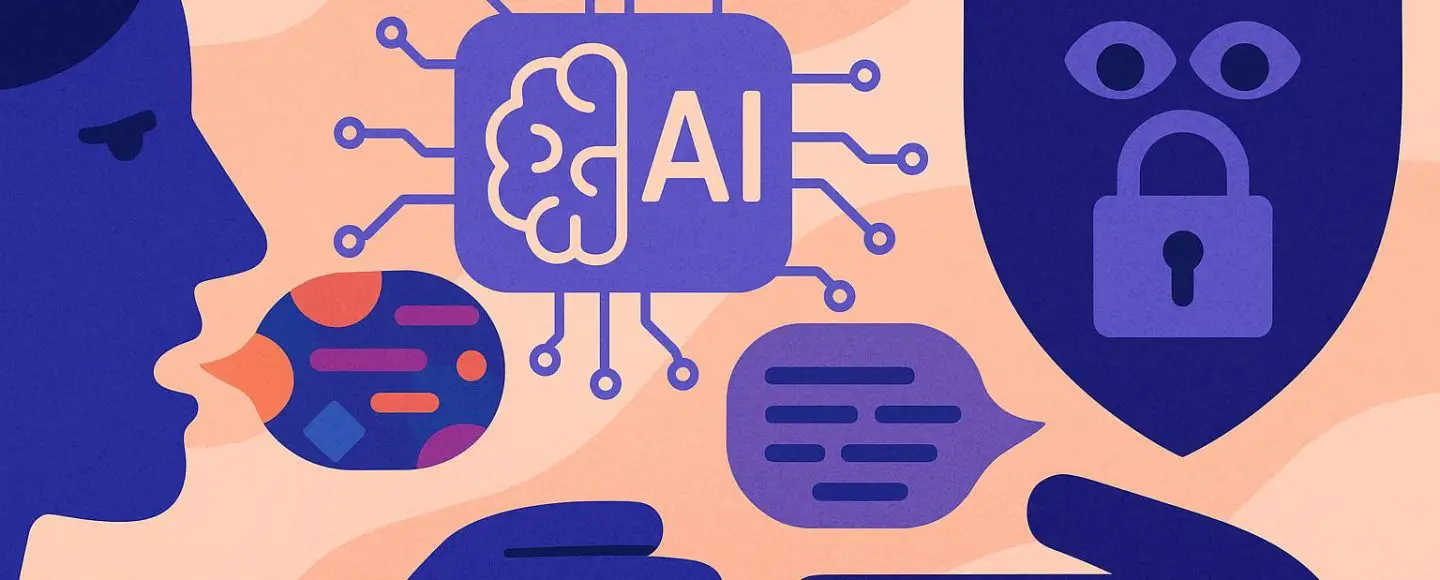










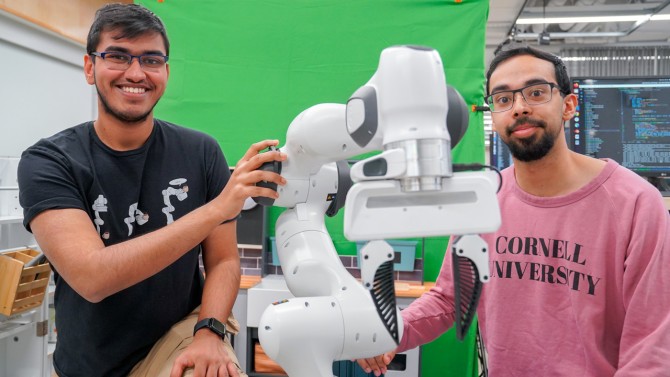



























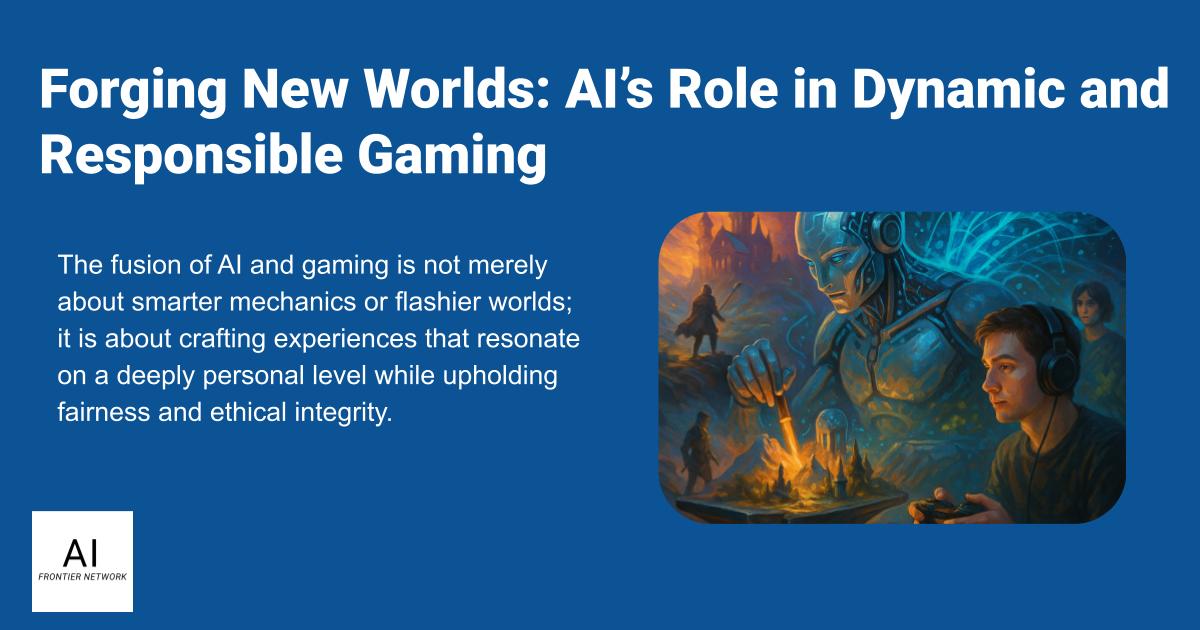
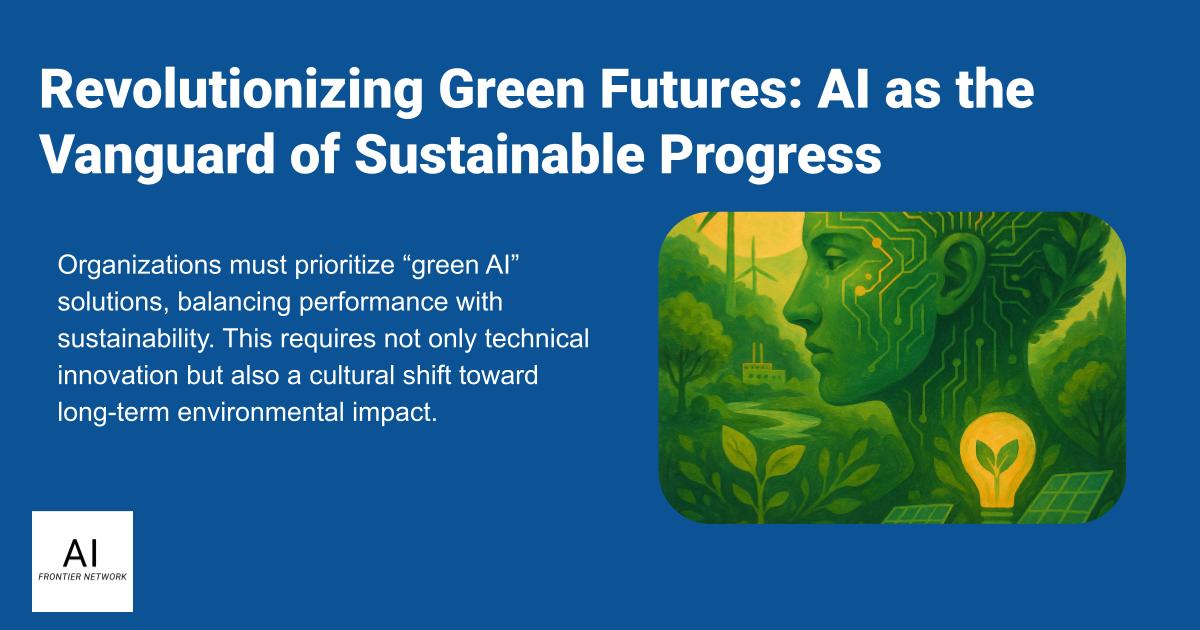
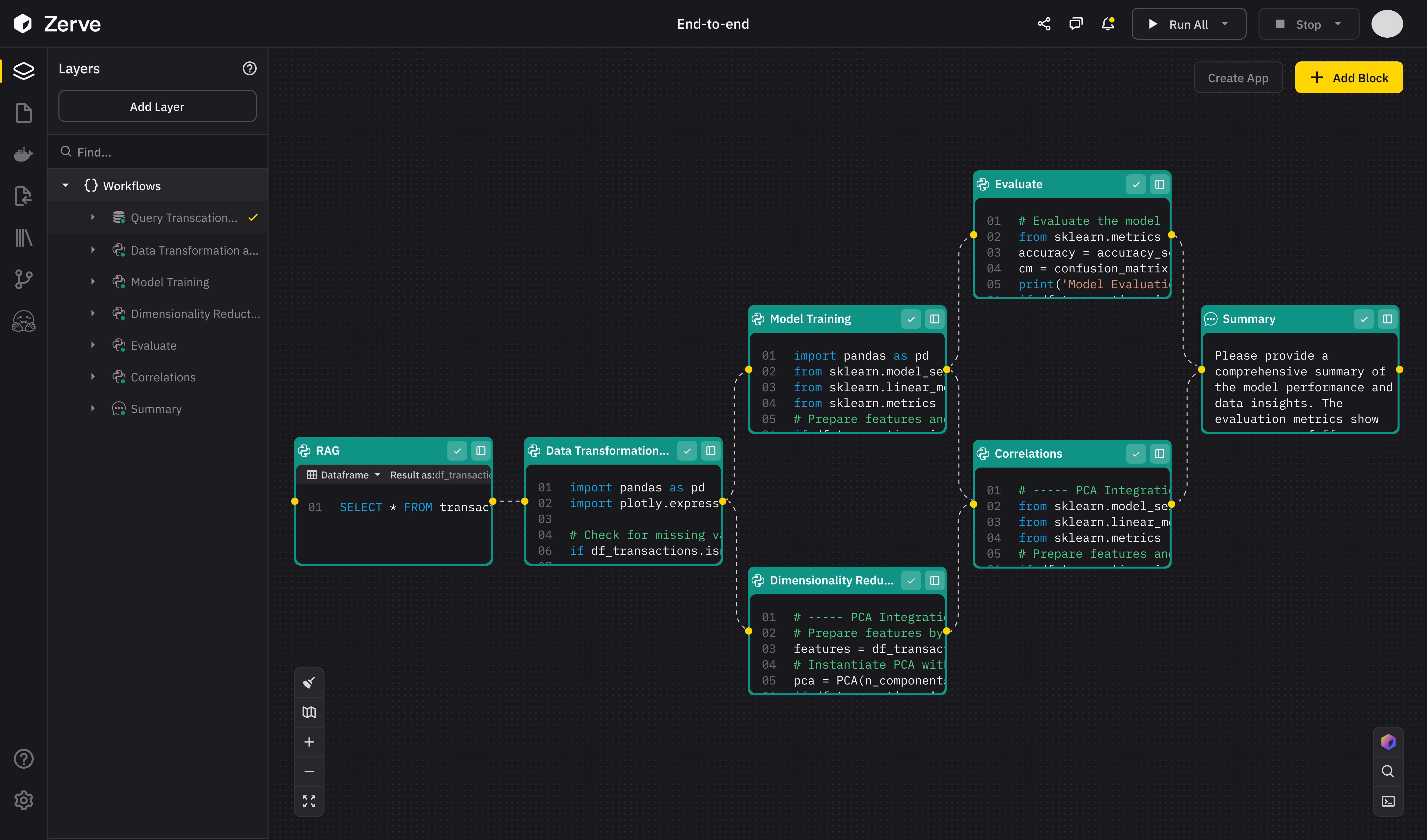












![[The AI Show Episode 147]: OpenAI Abandons For-Profit Plan, AI College Cheating Epidemic, Apple Says AI Will Replace Search Engines & HubSpot’s AI-First Scorecard](https://www.marketingaiinstitute.com/hubfs/ep%20147%20cover.png)
























![How to Enable Remote Access on Windows 10 [Allow RDP]](https://bigdataanalyticsnews.com/wp-content/uploads/2025/05/remote-access-windows.jpg)

























































































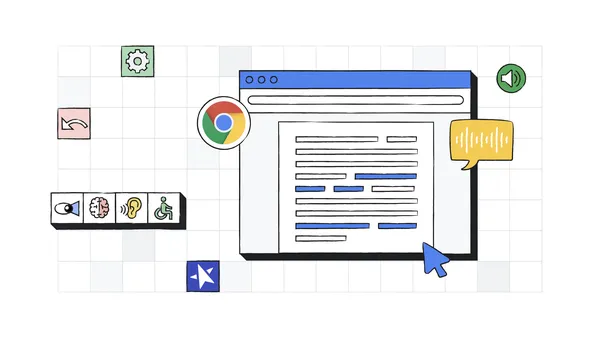
























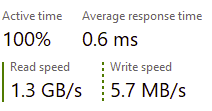


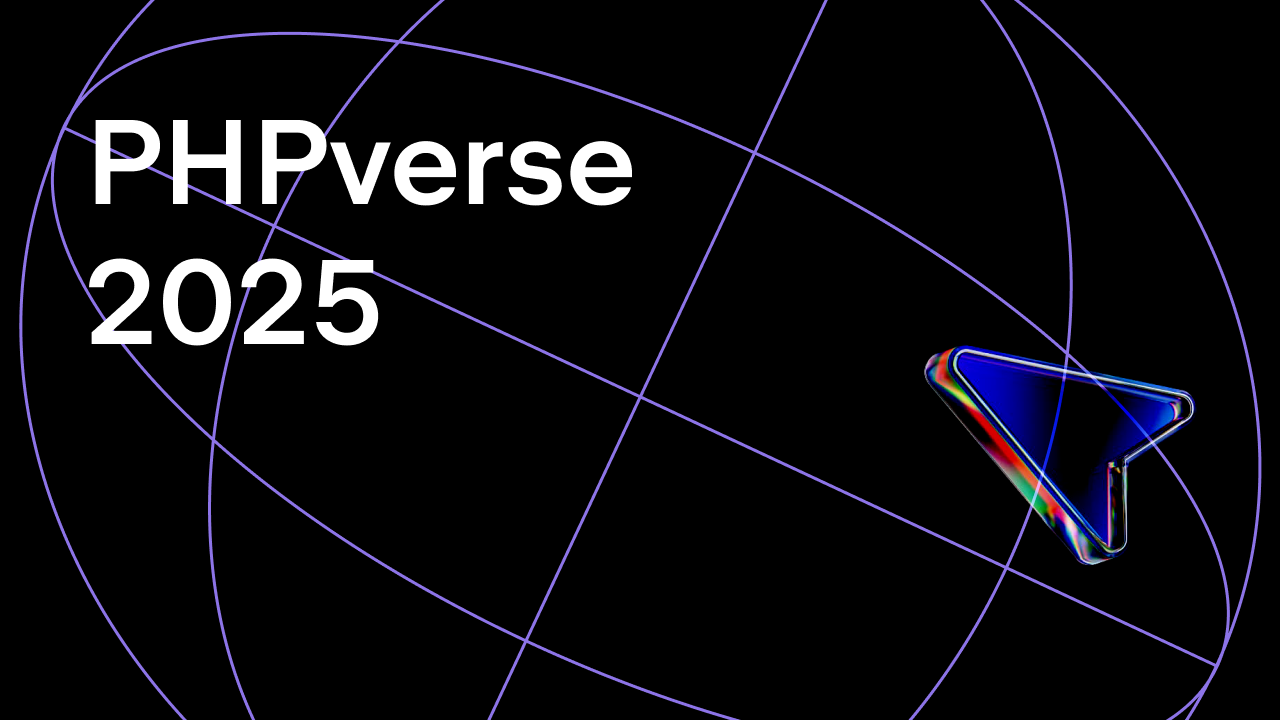










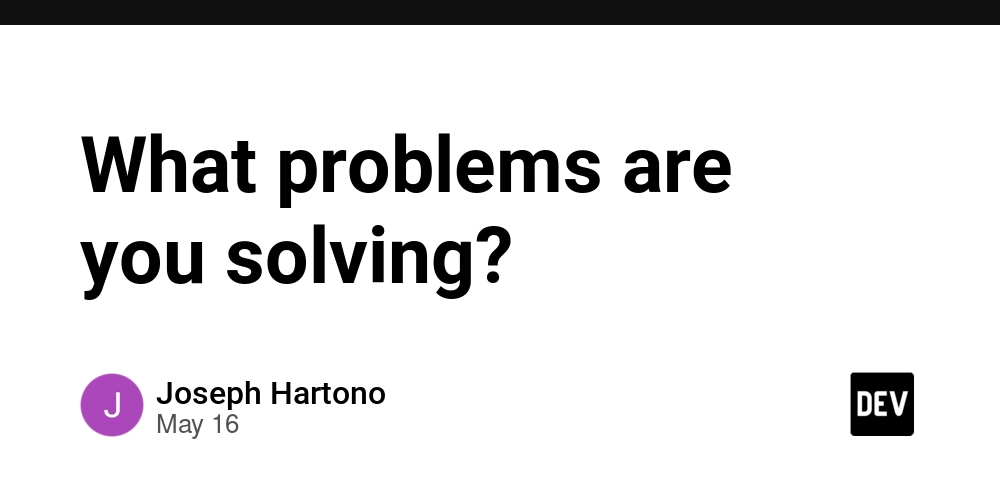
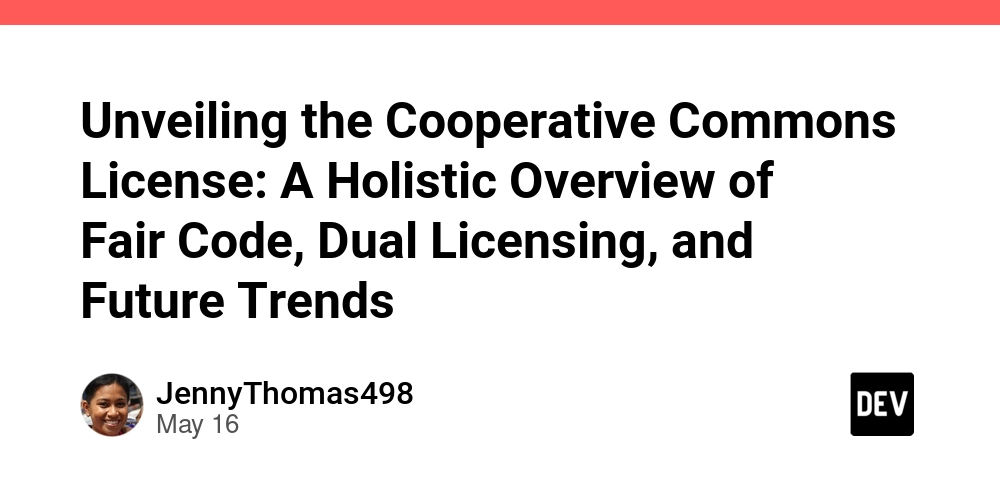




























-Marathon-Gameplay-Overview-Trailer-00-04-50.png?width=1920&height=1920&fit=bounds&quality=70&format=jpg&auto=webp#)









































































